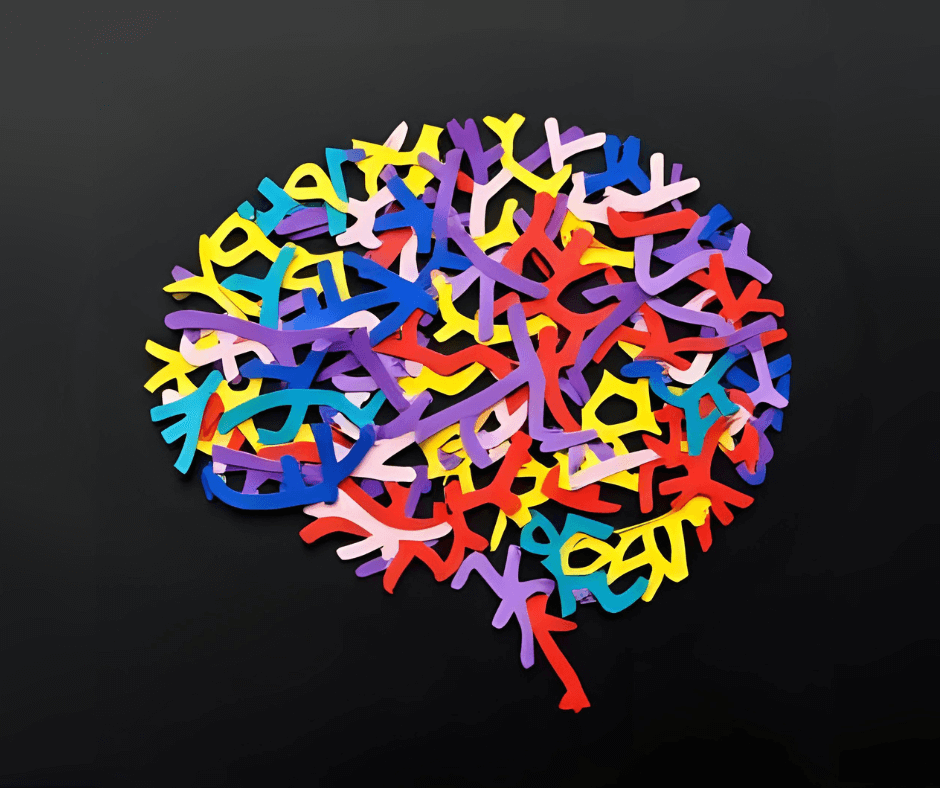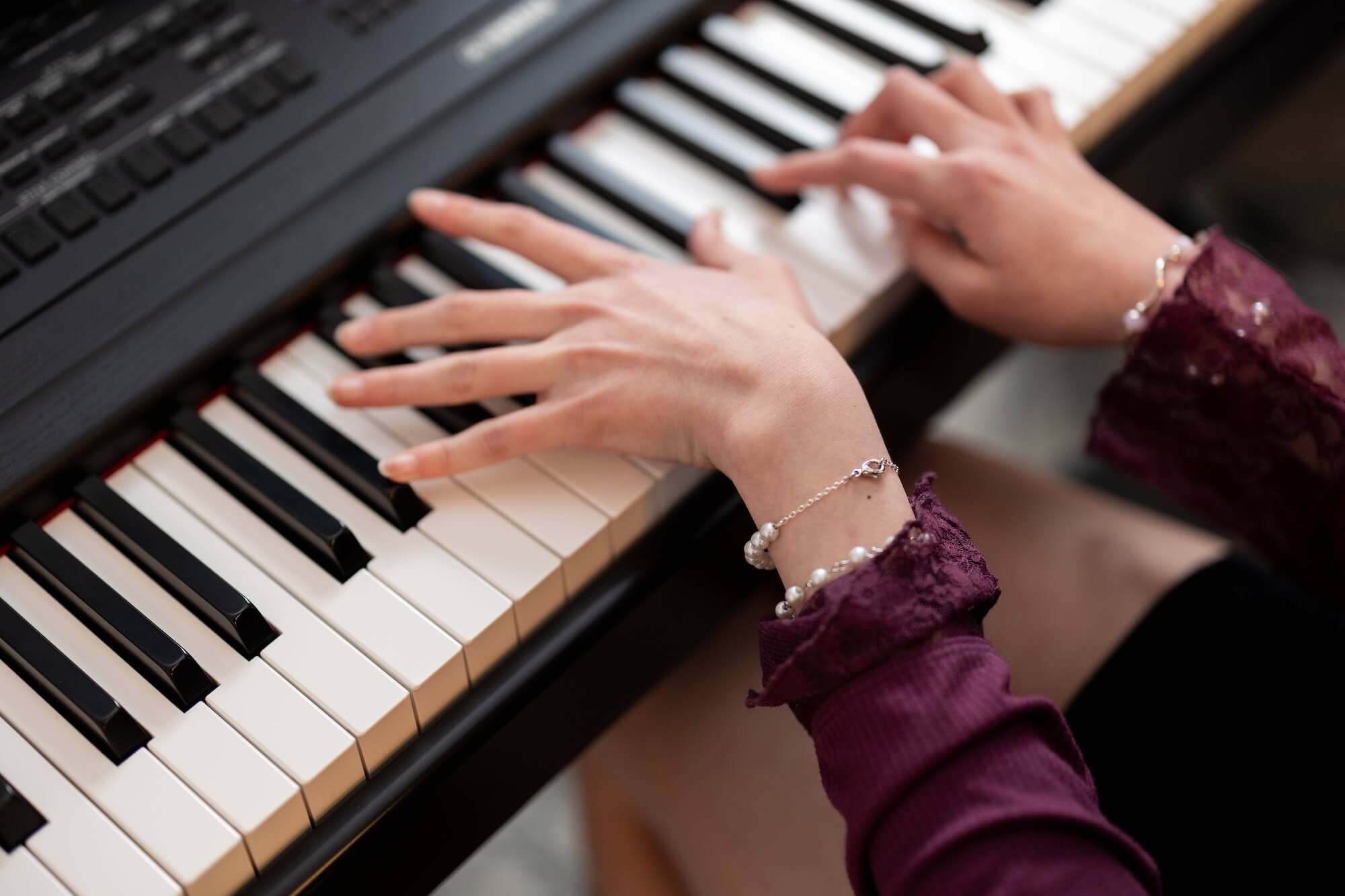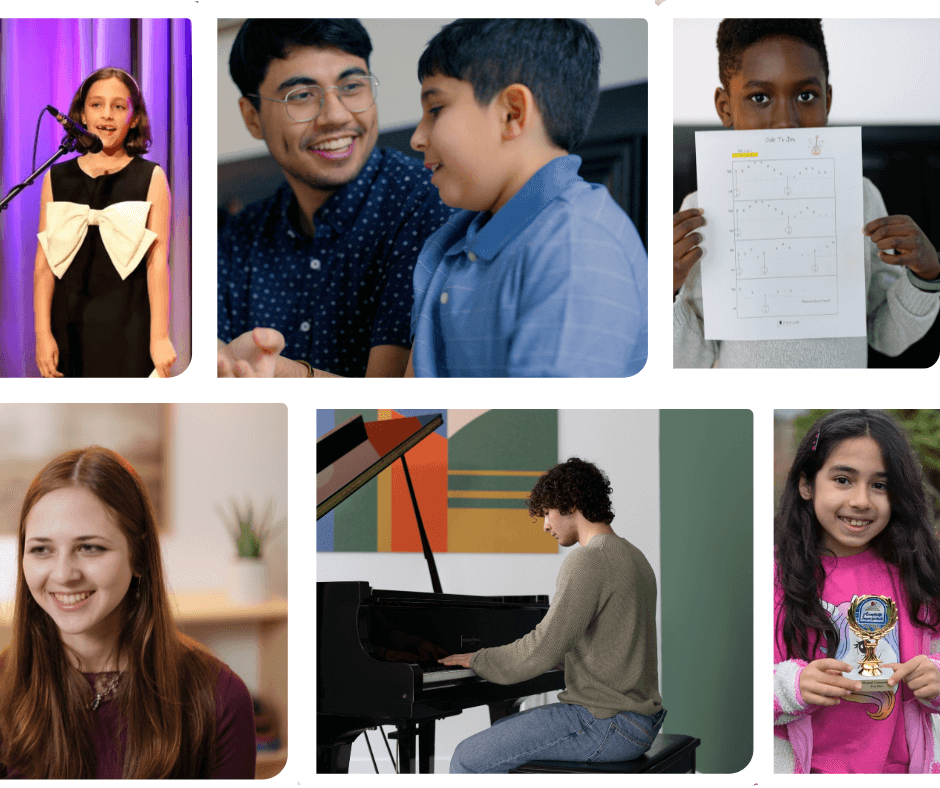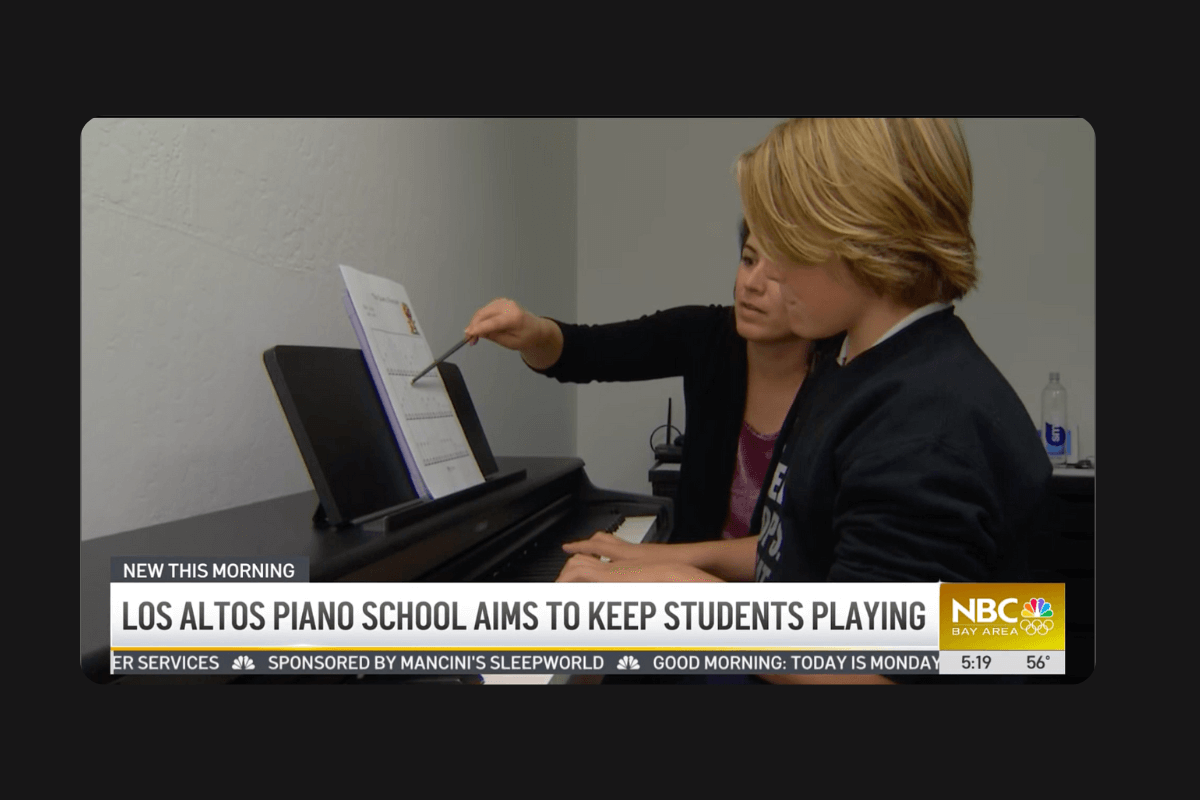The brain-boosting power of piano: Playing music linked to 60% lower risk of cognitive decline

Learn how piano lessons today offer long-term protection for brain health
Piano lessons offer children immediate rewards like boosted confidence and creative expression, but the advantages extend far beyond the music room. Scientific research reveals that piano instruction creates lasting neurological changes that protect and enhance brain function well into adulthood.
While parents often enroll their kids hoping to see improved focus or a memorable recital performance, they're actually investing in decades of cognitive benefits. Studies show that early musical training strengthens neural pathways, improves memory, and even helps prevent age-related mental decline later in life.
The science of music engagement
We've always known that piano lessons are good for kids. But groundbreaking research published about Music Engagement as a Source of Cognitive Reserve shows just how significant these benefits truly are. A revolutionary twin study has uncovered something that underscores the power of playing when comparing twins: the musically engaged twin had a 64% lower likelihood of developing mild cognitive impairment and dementia compared to their non-musical sibling.
Since it's a cotwin study, it means researchers compared twins where one played an instrument and the other didn't. "The co-twin control design (CTCD) is a powerful approach that allows for the investigation of causal effects while controlling for genetic and shared environmental confounding factors," Gonggrijp et al., published in Twin Research and Human Genetics, 2023.
Why this matters for your child
At Payam Music, we believe music is a language. Just as learning to speak strengthens a child's communication abilities, learning piano builds cognitive muscles that last a lifetime. Every song practiced, every technique mastered, every moment of musical discovery is creating what scientists call "cognitive reserve," essentially armor for the brain against aging and disease.
When a child learns piano, they're not just playing notes. They're engaging in one of the most complex cognitive workouts possible. Piano playing simultaneously lights up brain regions for motor control, auditory processing, memory, and emotional expression. This creates dense neural networks that serve as lifelong protection against cognitive decline.
The research that proves it
The cotwin study examined 157 twin pairs and found remarkable differences between musical and non-musical twins. When one twin plays an instrument and the other doesn't, and the musical twin shows dramatically lower rates of dementia, the data proves that music is the key difference.
This research transforms how we think about piano lessons. It's not just about creating musicians. It's about building stronger, more resilient brains for the rest of our lives.
Beyond brain protection: The complete picture

Cognitive protection is just the beginning. In our ten years of teaching students at our piano schools, we have witnessed firsthand how students benefit from music lessons. Our students don't just learn to play piano. They learn to think differently, express themselves creatively, and approach problems with confidence. As parents have shared, the emotional outlet that music provides helps them manage stress and anxiety, contributing to better mental health outcomes throughout their lives.
Fall in love with piano AND protect your brain
The research demonstrates that when a student plays piano, they’re not just making music. They’re developing a powerful tool for lifelong brain health, a means of creative expression, and executive functioning skills. The research is clear: every time they play, they’re creating neural pathways that help protect a student’s mind for decades to come.
Our award-winning method and exceptional teachers create an experience that students love and parents can feel good about.
Schedule a free lesson at one of our schools to get started.
Frequently asked questions
Q: What are the immediate brain benefits children experience from piano lessons? A: Measurable brain changes occur within just a few months of starting piano lessons. These include improved memory retention and attention span, enhanced fine motor skills and hand-eye coordination, boosted creativity, stronger math and problem-solving skills, reduced stress and increased emotional balance, and increased IQ and academic performance.
Q: How does piano playing create a "whole-brain workout"? A: Piano is one of the most complex activities the human brain can perform. It requires simultaneous coordination of visual processing (reading music), auditory feedback (hearing notes), fine motor control (coordinating fingers), memory recall (remembering pieces), and creative expression. This multi-faceted engagement activates neural networks across both brain hemispheres in ways that few activities can match.
Q: How does piano improve memory and focus? A: Piano engages both brain hemispheres simultaneously while students must remember finger positions, note sequences, rhythmic patterns, and musical phrases. Studies show that children taking piano lessons demonstrate significantly better verbal memory and sustained focus compared to their peers, and these attention skills transfer directly to academics.
Q: Does piano playing help with math skills? A: Yes, piano training builds spatial-temporal skills and pattern recognition needed for math. Music is fundamentally mathematical, involving ratios, fractions, patterns, and sequences. When children learn to read music and understand rhythm, they're engaging with mathematical concepts in a hands-on, intuitive way, strengthening the neural networks used in mathematical reasoning.
Q: Can piano lessons provide long-term protection against cognitive decline? A: Yes, long-term piano lessons are associated with protection against cognitive decline and dementia later in life. The complex neural networks developed through piano practice create fundamental improvements in how the brain processes information, and these cognitive advantages continue to grow and develop, ultimately supporting lifelong brain health.




